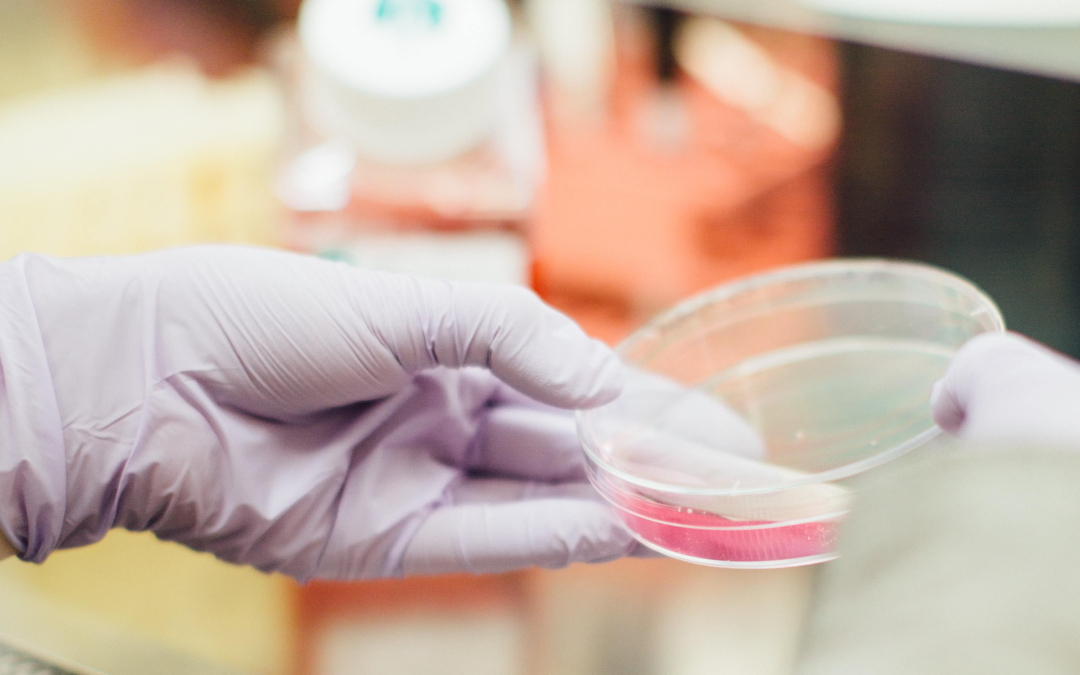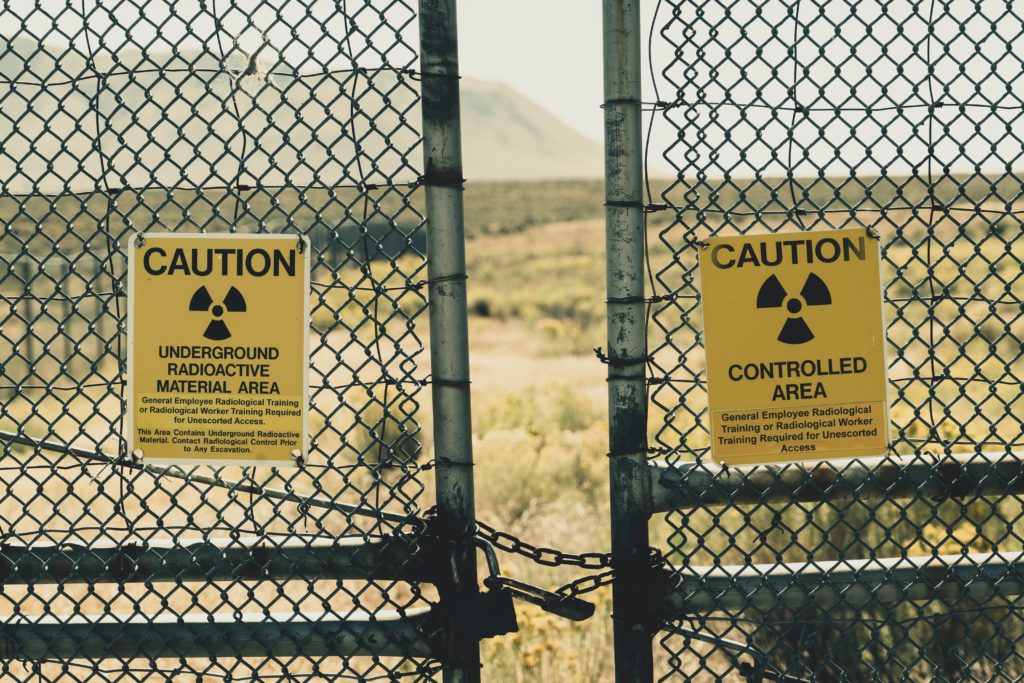Science is constantly improving due to new discoveries, and these discoveries keep getting more incredible and life-changing over time. Nuclear waste is one of the many hazardous materials out there that is hard to maintain. However, in an amazing discovery by Russian scientists, they found a way to neutralize nuclear waste, and it’s simply due to bacterial intervention. This new breakthrough of neutralizing nuclear waste could be a step in the right direction for the future of hazardous waste management.
How Does This Bacteria Work?
This special kind of bacteria was discovered at a nuclear waste storage site in Siberia. At that point, it appeared to be a good tool for creating a natural barrier to the spread of radionuclides, such as uranium and neptunium. With further investigation, researchers from the Frumkin Institute of Physical Chemistry in Moscow and the Russian Academy of Sciences’ Federal Research Center for Biotechnology were able to find a way to successfully use these bacteria.
The researchers were able to isolate certain microorganisms during their studies. Those microorganisms can be used as a safeguard to protect the environment from liquid radioactive waste. Scientists made this conclusion while they were conducting microbiological studies of groundwater. Specifically, they studied the groundwater from the Seversky deep radiation burial site in Siberia, which is where the liquid radioactive waste that comes from the Siberian Chemical Combine is kept.
Their research suggests that the bacteria could be used to prevent dangerous radiation from spreading. That’s because these bacteria can convert radioactive ions into sedentary forms, which can stop the radiation from harming the environment. After further research, the scientists learned the exact conditions needed to make the bacteria work in this way, making neutralizing nuclear waste seem much more possible. However, there is much more to discover along with these findings.
How Will This Impact the Future?
These new discoveries are one step closer to being able to create a biogeochemical barrier of radionuclides to help neutralize the waste. The barriers could be used in deep burial sites like the one in Siberia to protect the surrounding environment.
Nuclear waste is very toxic, and it’s extremely long-lasting. Normally, nuclear waste can take millions and sometimes even billions of years to fully decay regardless of how it’s stored. With the discovery of this special bacteria, the nuclear waste will no longer remain toxic for these extreme periods of time. If these bacteria can thrive on nuclear waste, they will be able to make the waste safer and less hazardous for the environment.
Scientists have been researching how to limit the effects of nuclear waste since all the way back to the 1980s. These new discoveries are a major breakthrough in their studies, and it will likely only create more improvements from there.
If bacteria can be used to neutralize nuclear waste, hazardous waste management will become even more efficient and transporting nuclear waste will become much more manageable. For many years, people thought that neutralizing nuclear waste was impossible, but this incredible discovery could completely change hazardous waste management for the better.
Nuclear waste isn’t the only type of hazardous waste out there, but luckily, there are plenty of solutions to managing your hazardous waste needs. Hayward Environmental Consulting offers hazardous waste management that’s both fast and efficient. Contact us today to discuss your waste management needs.


